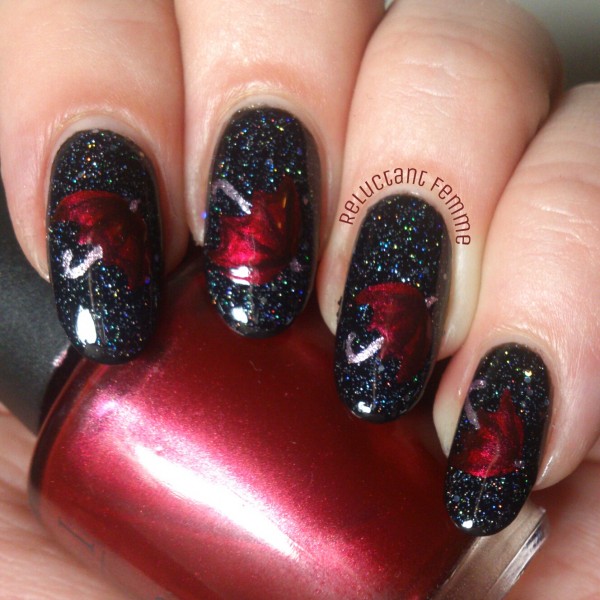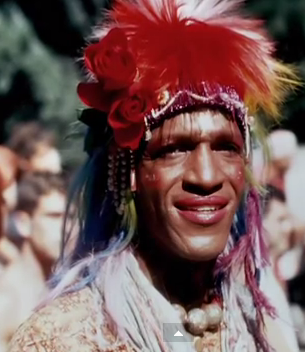 This is an edited version of a post originally published on Lime Jello’s blog autocannibal.
This is an edited version of a post originally published on Lime Jello’s blog autocannibal.
Before I finished my B.A., I encountered a social worker who was working on her M.A. Her politics were generally pro-decriminalization, but she also liked to trade in horror stories about women whose vaginas fell out from having too much sex. She had secured the cooperation of a rescue organization that collaborated with police to be allowed to study their Very Marginalized Whores. She wanted my help nailing down her research question.
“Don’t do this study,” I said. “Find something else to research.”
“OMG why are you so mean?” was more or less her answer.
It does seem a bit mean, since in my first M.A., I studied sex work myself. But it’s for the good of everyone involved that I say this: don’t study sex work. Sure, there will be exceptions—someone out there will have something genuinely new to say on the topic that warrants the research. But academics…we all think we’re that Someone Special. The truth is that most of us aren’t. So let’s find something else to study.
Find Something Else to Study…
1. …because sex workers are human beings, with whole entire lives outside of their jobs.
Once upon a time, I took a couple of classes at a nearby Fortress of Smartitude. The environment was one of relentless bullying by an abolitionist professor, so it was an unhappy time for me, but matters were made worse by my other class. That professor, despite knowing that my interest was in communication and not sex work, pushed and pushed for me to do a “sex positive” project about sex work. After I submitted the first draft of the project I wanted to do, he wanted nothing to do with me. Relatedly, for months after I began my new grad program, my program director introduced me to people as a researcher of sex work—even though my research is on academics’ emotional labor. The point was received: once a whore, always a whore.
But not only are sex workers marked as always whores, they are also marked as only whores. People are truly surprised to learn that I do not plan to make a career out of researching sex work. What else could I possibly be interested in?
Sex work is often only researched in the context of the “empowerment v. exploitation” debate. Making sex work a “special” topic by taking it out of the context of the rest of the world is a way of dehumanizing sex workers. Only when we are seen as our jobs and nothing more can we be carved out of everyday life and marginalized as a field of study unto ourselves.


 This is an edited version of
This is an edited version of 
